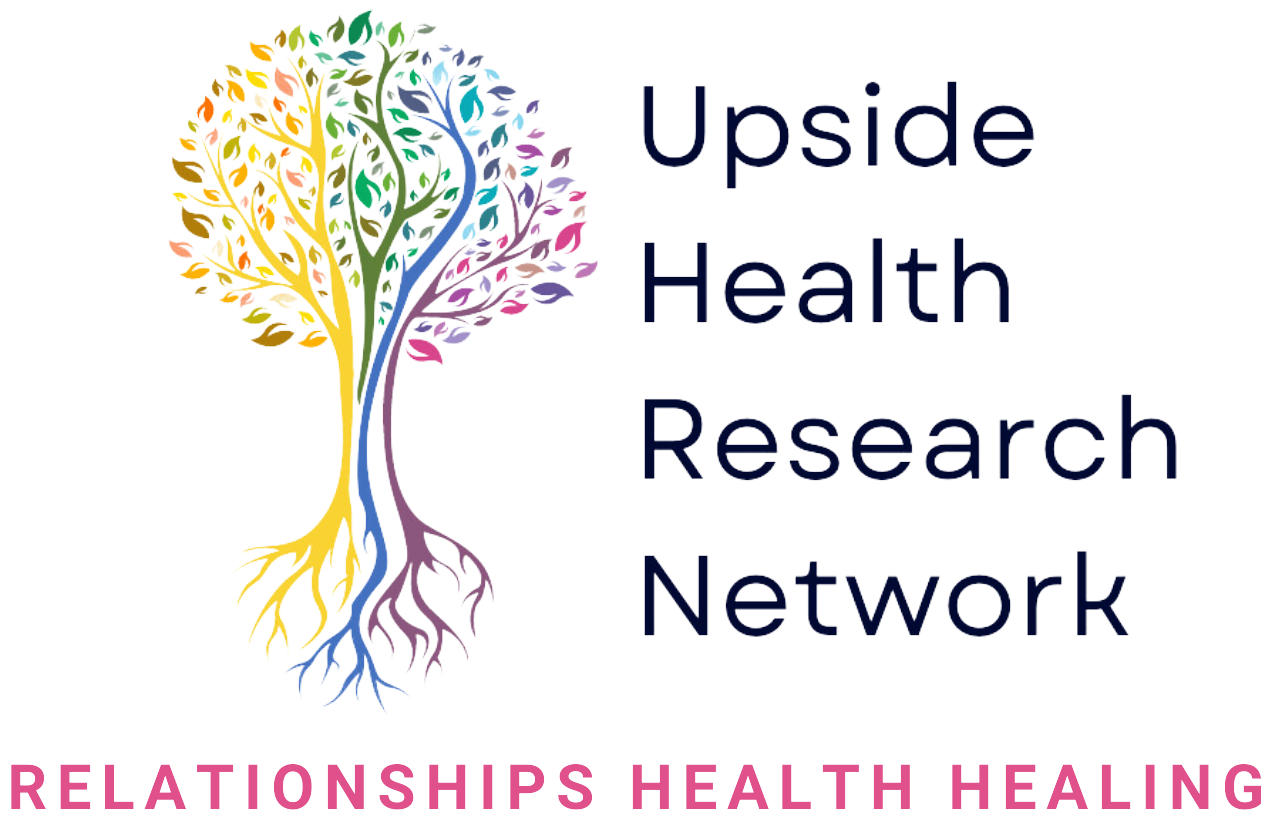SOCIAL ISOLATION AND CARDIOVASCULAR HEALTH
3 min read # 752 words
Explore the link between social isolation and cardiovascular health. Learn how loneliness impacts heart disease.

Impact of Social Relationships
Definition of Social Isolation
Social isolation and loneliness are like unwelcome guests crashing the party of life in the U.S., bringing along a heap of trouble for both mind and body. When we talk about social isolation, we’re talking about missing out on those connections with others and having little to no backup from friends or family (CDC). This lonely state can lead to a bunch of health issues, including a higher chance of heart problems.
Effects of Loneliness
Loneliness is that nagging feeling of being left out, like everyone else is at a party you weren’t invited to. It’s the gap between wanting to be connected and actually being connected. The health effects of loneliness are like a tangled web, affecting us in many ways.
- Cardiovascular Risks: Being isolated or feeling lonely can mess with your heart, increasing the risk of heart disease and stroke. It’s right up there with anxiety and job stress, which are known to put your heart at risk.
- Morbidity and Mortality: Chronic social isolation is like a silent killer, upping the chances of getting sick or even dying, similar to smoking or being overweight. Studies show that being isolated, lonely, or living solo can boost the risk of death by about 29%, 26%, and 32%, respectively (Xia & Li, 2018).
| Risk Factor | Increased Risk of Death (%) |
|---|---|
| Social Isolation | 29 |
| Loneliness | 26 |
| Living Alone | 32 |
- Health Risks: Isolation and loneliness can be big players in the game of heart disease and stroke, as recent studies have shown. This lines up with other research showing that the number and quality of our social ties can seriously affect our health. The odds of dying due to poor social connections can be comparable to the risks from light smoking, and even higher than those from high blood pressure and obesity.
- Cardiovascular and Brain Health: Isolation and loneliness are often overlooked but have a big impact on heart and brain health. There’s solid proof linking them to outcomes for both heart and brain (American Heart Association News).
Getting a grip on how social ties affect heart health is key for health pros aiming to boost heart health outcomes. For more on how being connected can keep your heart ticking, check out our article on social relationships and cardiovascular health.
Social Relationships and Heart Health
Cardiovascular Risks
Feeling lonely or cut off from others isn’t just a bummer—it can mess with your heart. The American Heart Association says that being socially isolated or lonely can increase your chances of a heart attack, stroke, or even kicking the bucket from either by about 30%. This shows how hanging out with friends and family is more than just fun; it’s good for your ticker.
| Risk Factor | Increased Risk (%) |
|---|---|
| Heart Attack and/or Death from Heart Disease | 29 |
| Stroke | 32 |
These numbers make it clear that tackling loneliness and isolation should be part of the game plan for keeping your heart healthy. It’s a bit of a vicious cycle, too—being alone can lead to feeling down, and feeling down can make you want to be alone (American Heart Association).
Want to know more about how your social life affects your heart? Check out our article on social relationships and cardiovascular health.
Influence on Heart Disease
Being lonely or isolated is like the sneaky villain in the story of heart and brain health. There’s solid proof that these feelings can lead to worse outcomes for your heart and noggin. But when it comes to specific issues like heart failure, dementia, or losing your marbles, the data is a bit thin.
| Health Outcome | Evidence Strength |
|---|---|
| Heart and Brain Health (General) | Strong |
| Heart Failure | Sparse |
| Dementia | Sparse |
| Cognitive Impairment | Sparse |
The takeaway? Loneliness and isolation can lead to heart and brain health concerns. So, it’s super important for doctors to keep an eye on these factors when helping patients get their hearts in shape. For tips on how to lend a hand, dive into our resources on psychological support and cardiovascular health and emotional well-being and heart health.
By understanding how social ties affect heart health, we can come up with better ways to help folks who might be at risk. Building strong connections can boost heart health and make life better all around. For more info, swing by our article on social support and heart health.
REFERENCES
Xia, N., & Li, H. (2018). Loneliness, Social Isolation, and Cardiovascular Health. Antioxidants & redox signaling, 28(9), 837–851. https://doi.org/10.1089/ars.2017.7312
